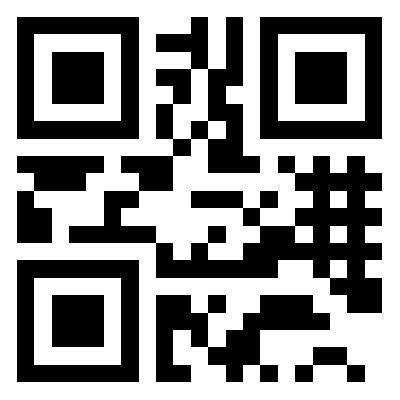ISS Payloads
MAS has been involved in the design, development and flight of many International Space Station Payloads. We have expertise to get your experiment designed and to flight successfully.
ISS certification testing includes Payload Rack Checkout Unit (PRCU), EMI, vibration and off-gassing. We can help a developer in this process to certify their system ready to fly on the ISS. We can provide services for hardware and software development that continues from the prototype stage to include the requirements needed for space flight (ie telemetry and command formatting, watchdog timers, power management, file download) implemented in a flight ready ISS experiment command and data handling system.
Micro Aerospace Solutions (MAS) has a Space Act agreement with NASA to use Kennedy Space Center (KSC) facilities. These include office and laboratory space to be used in the development of the instrument. MAS can provide a secure remote mission support area to control ISS experiments.

Figure 1. MAS testing an ISS payload at PRCU testing at MSFC
Typical ISS locker-based and other experiment systems require software to interface to the ISS ExPRESSRack. This also then requires payload interface checkout, most likely at NASA Marshall Space Flight Center (MSFC). This task is broken down into several subtasks. It should be pointed out that these tasks can be conducted in parallel with the mechanical tasks described above. MAS has experience developing flight and ground software for two ISS ExPRESSRack payloads so tasks similar to these have been completed before by the team.
• Task 1 – ExPRESS Command and Data Handling (C&DH) Interface
• Task 2 – Ground control software (Graphical User Interface, GUI)
• Task 3 – C&DH interface testing
In preparation for flight the final tasks include calibration and EMI testing. These tests can be conducted at NASA KSC facilities that MAS has access to.
The principals involved in this proposal are currently conducting research and development on technology related issues design to develop small aerospace and medical systems at reduced cost and increased performance for the system detailed here as well as others. MAS has developed microfluidics systems for biological experiments on both the ISS and stand-alone cubesats. This has included prototype and flight hardware design and construction as well as research papers and white papers on proposed biotech missions for small satellites, miniature propulsion systems and launch vehicles. We have many years of experience in space and medical device related industry as well as sensor, computer system, and propulsion system development.

